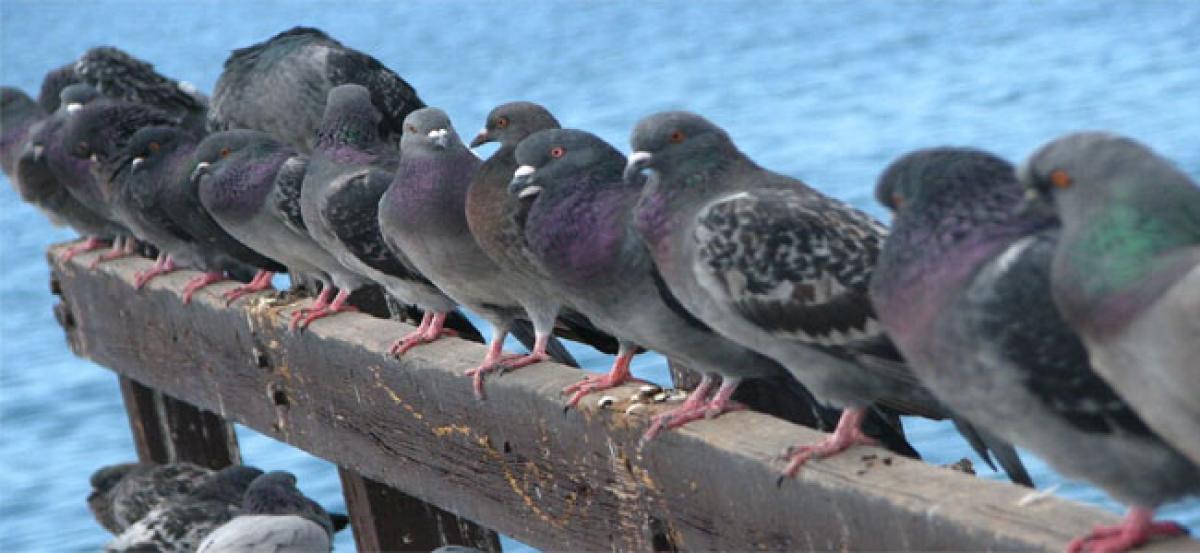Live
- Nitish reaffirms his commitment to NDA, reiterates joining Mahagathbandhan was a mistake
- PKL Season 11: U Mumbai meet UP Yoddhas in opening clash of exciting second leg in Noida
- Cong divides people on caste & religion lines for political gains: Shahnawaz Hussain
- Pushpa-2: The Rule to Launch Grand Promotional Tour Across Seven Indian Cities
- Maha polls: Congress accuses BJP of pursuing ‘divide and cut’ policy to divert attention
- His currency supply has ended: Ashwini Choubey's jibe at Tejashwi
- Rahul Gandhi should feel ashamed, his ancestors did nothing for tribals: Babulal Marandi
- Avoid challenging constitutional institutions: VP Dhankhar
- Maha polls: BJP hurls questions at INDIA bloc amid Ulema Board's conditional support to MVA
- Regional rural banks must empower MSMEs via flagship govt schemes: FM Sitharaman









